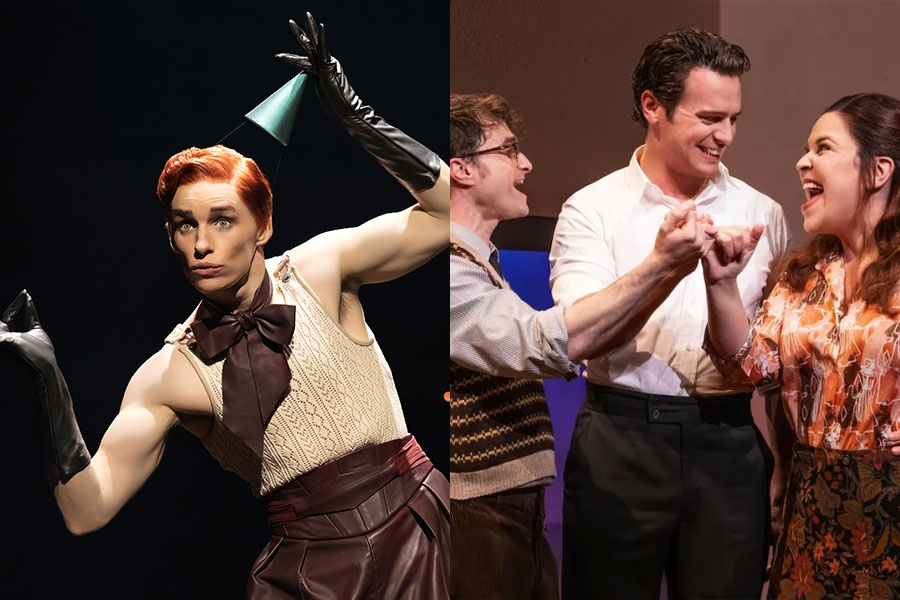Diana of Dobson’s
Exactly 99 years after its successful premiere at the Kingsway Theatre in London, the Orange Tree has revived one of the first and most interesting feminist plays of the Edwardian era. The author, Cicely Hamilton, uses a sentimental form – middle-class girl marries an army captain after a bout of penury on both sides – to expose the exploitation of shop girls and the snobbery of the idle rich.
Diana of Dobson’s may not have the killer wit of Bernard Shaw – although the captain confesses to have muddled through Eton and Oxford and therefore to have had no education at all – but it has every bit of anger and sustained argument as any of Shaw’s “Plays Unpleasant.” And Caroline Smith’s production, moving from drapery shop girls’ dormitory to a Swiss hotel and the Thames embankment, bristles with sharp dialogue.
Diana Massingberd (a vitally impassioned Cate Debenham-Taylor) is the impoverished daughter of a country doctor compelled “to scrape and starve” for six years before a surprise windfall of £300 allows her “a crowded hour of glorious life” in the guise of a merry widow in the Swiss Alps. Vetted by a society aunt (the splendid Lavinia Bertram in a Prunella Scales hair-do and matching hauteur), she tells the dumbstruck, tender-hearted captain (Edward Bennett, gawping like a goldfish and silkily soft on his feet) that she is not a rich widow but a poor spinster.
She also sees off the proposal of a drapery magnate Sir Jabez Grinley (Geoff Leesley) who offers her £40,000 a year and a title (“brand new, of course”; he’s one of the new breed of arriviste moguls) after skewering him on his admissions that he sells “Paris models that don’t fit” to gullible customers and runs a sweatshop. Diana has earned five bob a week for a fourteen-hour day. She wants justice in the work place.
Most of all, she wants justice for women. Hamilton’s chief beef was “the artificial concentration of the hopes of girlhood on sexual attraction and maternity”: in 1909 she founded the Women Writers’ Suffrage League and was a founder member of the Actresses’ Franchise League. Her play is an entertaining flare in the night sky of rebellion, even if the romantic protagonists reach a somewhat contrived alliance as a pair of down-and-outs on a bench near a Thames-side coffee stall.
The opening scene provides the forbidden sexual frisson of shop girls uncasing from corsets and bloomers while snuggling up inside grey military blankets, and these employees double as scene shifters under the beady supervision of Richard Hollis’s Swiss waiter. The Orange Tree has uncovered a gleaming gem in our theatrical treasure chest, and done it delightfully, too.
– Michael Coveney










